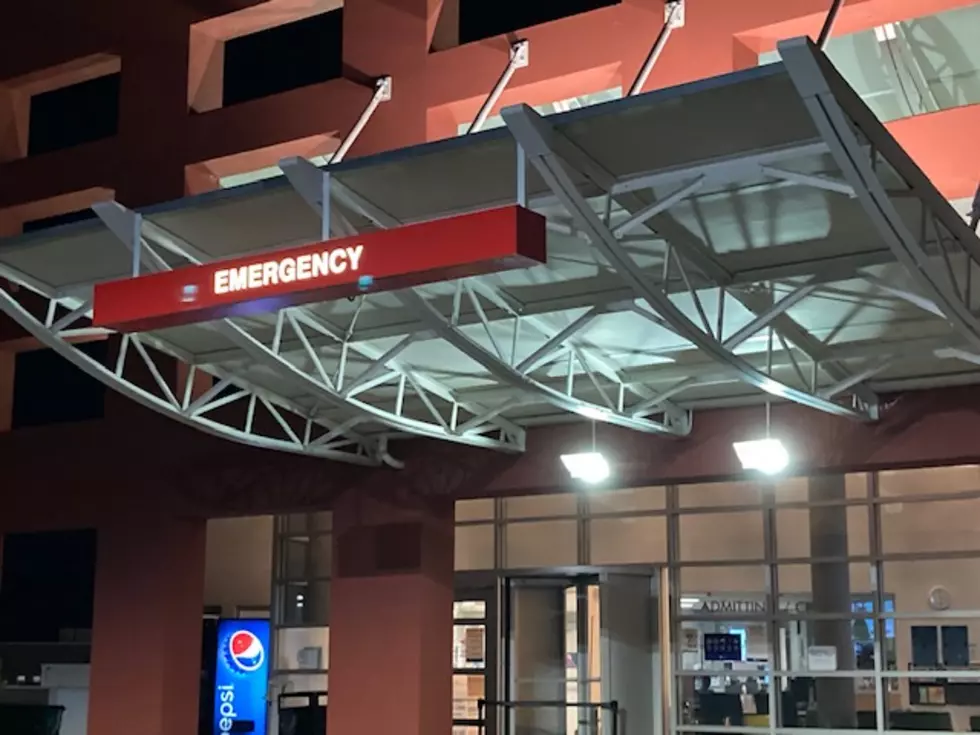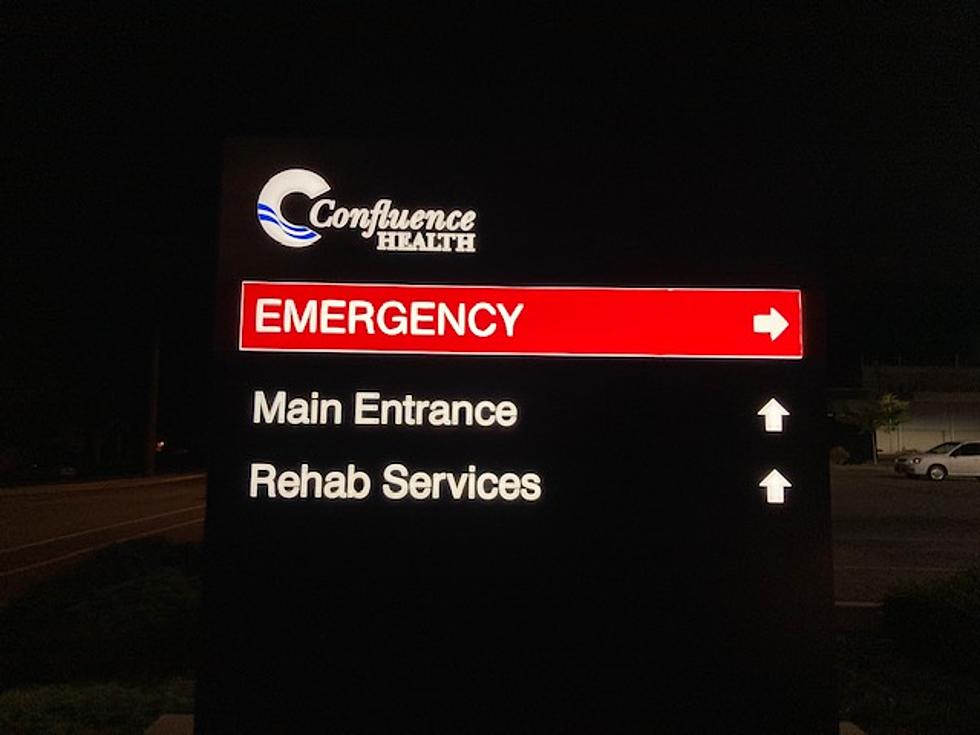
Confluence Health Nurses Voice Concerns Over Staffing and Increasing Burn Out
Two Confluence Health nurses, who are union officers at their hospital, describe some of the systemic issues they have been facing as a new Omicron sub-variant reaches hospitals nationwide.
When Sara Morgan Bergenholtz began working for Central Washington hospital five years ago, she saw Confluence Health as the “gold standard” in nurse to patient ratios.
“There was a sense of community within the facility and a belief that we were really working for the betterment of our community” Bergenholtz said.
Nurse to patient ratios depend on the acuity, or the level of care needed, of their patients. Depending on which unit a nurse was assigned to, each nurse would only be allowed a certain maximum number of patients per day.
Bergenholtz said that compared to last year, nurses in the medical oncology unit would treat a max of five patients for day staff and six for night staff, when last year it was four patients for day staff and five patients for night staff.
“Currently with our staffing, there have been times where nurses have been taking seven patients,” Bergenholtz said. “Which puts us at our previous contingency and crisis staffing levels.”
Paul Stamilio has been a nurse for over 10 years and said he moved from North Carolina to Washington due to the state’s high medical standards.
It wasn’t until the pandemic hit did either nurse see a significant cultural shift in the workplace, with stress, burn out, and strained resources further escalating the staffing issue in Confluence and in hospitals nationwide.
Stamilio said that after COVID-19 hit, several nurses decided to quit or retire early, leaving the remaining number of nurses at Confluence Health to pick up the slack.
According to the U.S. Bureau of Labor Statistics, there are 3.1 million registered nursing jobs nationwide and projects that 203,200 RN job openings will be added each year through 2031, due to nurses retiring or quitting.
According to a COVID-19 Impact Assessment Survey from the American Nurses Foundation and the American Nurses Association, 52% of nurses considered leaving their position due to insufficient staffing, work negatively affecting health and well-being, and inability to deliver quality care. 60% of acute care nurses reported feeling burnt out, and 75% report feeling stressed, frustrated, and exhausted.
“When we go to work and we’re short and it’s a bad day, somebody could die when they didn’t have to,” Bergenholtz said. "That's why people are leaving.”
Last year, both Stamilio and Bergenholtz were moved to the ER unit. Since then, both nurses said it was rare for either of them to have a full break.
After HB 1155 was signed into law, breaks became mandatory and were to be scheduled for each nurse throughout the day, shifting the responsibility away from nurses and onto the administration.
Despite this law going into effect in 2020, Bergenholtz says break scheduling hasn’t been enforced for some time, and that it was common for nurses to forgo their lunch breaks due to a high intake of patients.
In response to low staffing levels, several hospitals started hiring travel nurses as a short plug. Yet, because travel nurse agencies were offering higher wages and flexible scheduling, many nurses left for travel nurse positions.
On average, travel nurses could earn an average salary of $103,695 a year. It was becoming such a lucrative business that the American Health Care Association asked the federal COVID-19 Response Team to step in.
“A system that’s working well shouldn’t need to pay somebody $5,000 a week in an ICU in Texas to care for an unsafe number of patients,” Bergenholtz said.
According to Bergenholtz, Confluence Health had to close one of their step-down units, a unit for cardiac patients due to a lack of travel nurses.
She also shared that in the most recent contract negotiation with their union, the Washington State Nurses Association (WSNA), Confluence Health agreed to hire a break nurse, a nurse that would cover other nurses during their breaks, for a year-long trial.
However, Bergenholtz says she hasn’t seen a plan for that.
Stamilio attributes a lack of state funding for rural healthcare systems as another obstacle, with the majority of Confluence Health’s funding coming from private insurance, rather than Medicare and Medicaid reimbursement.
Funding is often stifled if hospitals receive patients that are typically more difficult to discharge.
Bergenholtz states that the majority of patients they find difficulty discharging are those with advanced dementia, who are inevitably caught in a healthcare limbo due to lack of available rooms in long-term care facilities.
“Unfortunately when [a facility] decides that someone is too much work for them, they functionally evict them by sending them to the emergency room and refuse to take them back,” Bergenholtz said.

There are two bills currently in the 2023 state legislative session that address some of the issues nurses are facing.
SB 5236 is a bill proposing to establish minimum staffing standards in hospitals, require hospital staffing committees to develop staffing plans, address mandatory overtime, lunches and rest breaks, and provide enforcement.
This bill is similar to a set of bills proposed in the 2022 legislative session, which proposed similar demands. The Washington State Hospital Association voiced opposition to both bills from last year and this year’s bill, stating that it would negatively impact patient access.
The second bill is SB 5103, which proposes to pay hospitals for difficult to discharge Medicaid patients who are waiting in the hospital to be discharged to either a long-term care facility or back to the community.
“However you want healthcare to be, the fact is we live in a for-profit system and if the legislature is not going to take this seriously and care for those who are most vulnerable in our communities, then this problem is going to continue to get worse,” Bergenholtz concluded.
"Confluence Health takes these statements very seriously," said Confluence Heath Communications Director Katie Grove. "We are following our internal response procedures."
More From NewsRadio 560 KPQ









